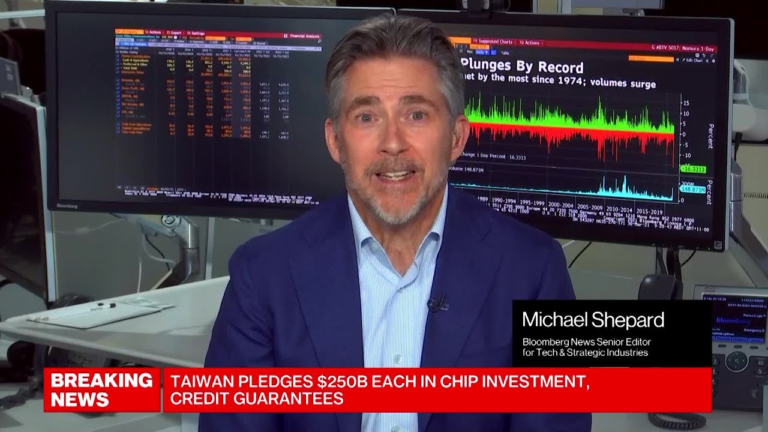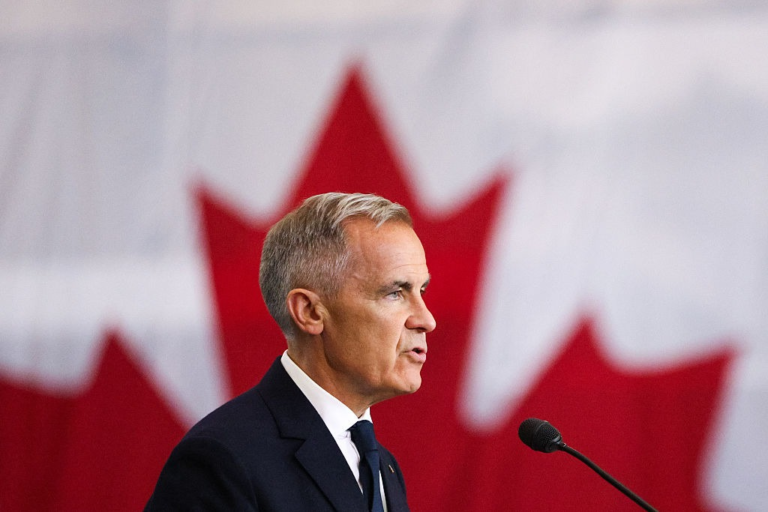
Trump and Japan PM Agree to Appoint Cabinet-Level Tariff Negotiators
Introduction
In a significant diplomatic move, former President Donald Trump and Japanese Prime Minister Fumio Kishida have reached an agreement to appoint cabinet-level negotiators to address ongoing tariff disputes between the United States and Japan. This decision marks a pivotal step in enhancing trade relations and resolving long-standing economic tensions that have characterized U.S.-Japan trade dynamics.
Background
The U.S. and Japan have historically maintained a complex trade relationship, with tariffs on various goods impacting both economies. Under the Trump administration, trade negotiations were often contentious, leading to the imposition of tariffs on steel and aluminum imports, which Japan has contested. The recent agreement aims to streamline discussions and foster a more collaborative approach to trade issues.
Details of the Agreement
During a recent summit, Trump and Kishida emphasized the importance of direct communication at the cabinet level to expedite negotiations. The appointed negotiators will focus on key areas such as agricultural products, automotive tariffs, and technology exports. This initiative is expected to facilitate a more structured dialogue, allowing both nations to address their concerns more effectively.
Kishida expressed optimism about the agreement, stating, “By appointing dedicated negotiators, we can ensure that our discussions are focused and productive. This is a crucial step toward strengthening our economic partnership.”
Implications for Trade Relations
The appointment of cabinet-level negotiators is anticipated to have several implications for U.S.-Japan trade relations:
- Enhanced Communication: Direct engagement between high-ranking officials is likely to lead to quicker resolutions of disputes and a better understanding of each country’s trade priorities.
- Potential for Tariff Reductions: With dedicated negotiators, there is a possibility of revisiting existing tariffs, particularly in sectors where both countries see mutual benefits.
- Strengthening Alliances: This agreement may also serve to reinforce the strategic alliance between the U.S. and Japan, particularly in the context of rising economic competition from China.
Challenges Ahead
Despite the positive outlook, challenges remain. Both nations have differing priorities that could complicate negotiations. For instance, while the U.S. may push for greater access to Japanese agricultural markets, Japan is likely to seek assurances regarding its automotive exports. Balancing these interests will be crucial for the success of the negotiations.
Conclusion
The agreement between Trump and Kishida to appoint cabinet-level tariff negotiators represents a proactive approach to resolving trade disputes and enhancing economic cooperation. As both nations embark on this new chapter in their trade relationship, the focus will be on fostering dialogue and finding common ground. The outcome of these negotiations could have far-reaching implications not only for the U.S. and Japan but also for the broader global trade landscape.
Japanese Prime Minister Shigeru Ishiba and U.S. President Donald Trump confirmed on Monday that they will continue a constructive dialogue on trade and tariffs, agreeing to appoint cabinet-level officials for that task. Ishiba and Trump spoke on the phone for 25 minutes.





